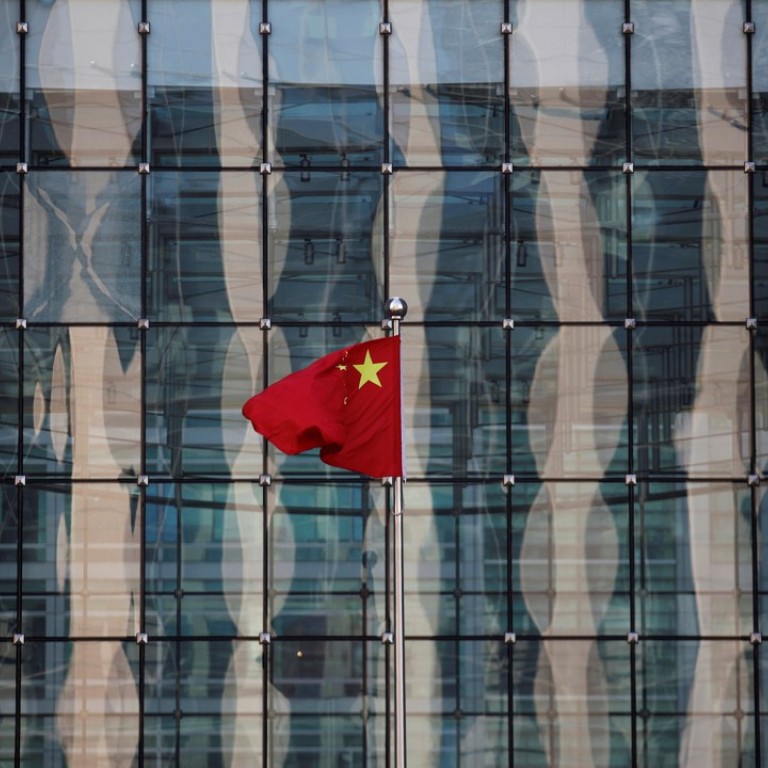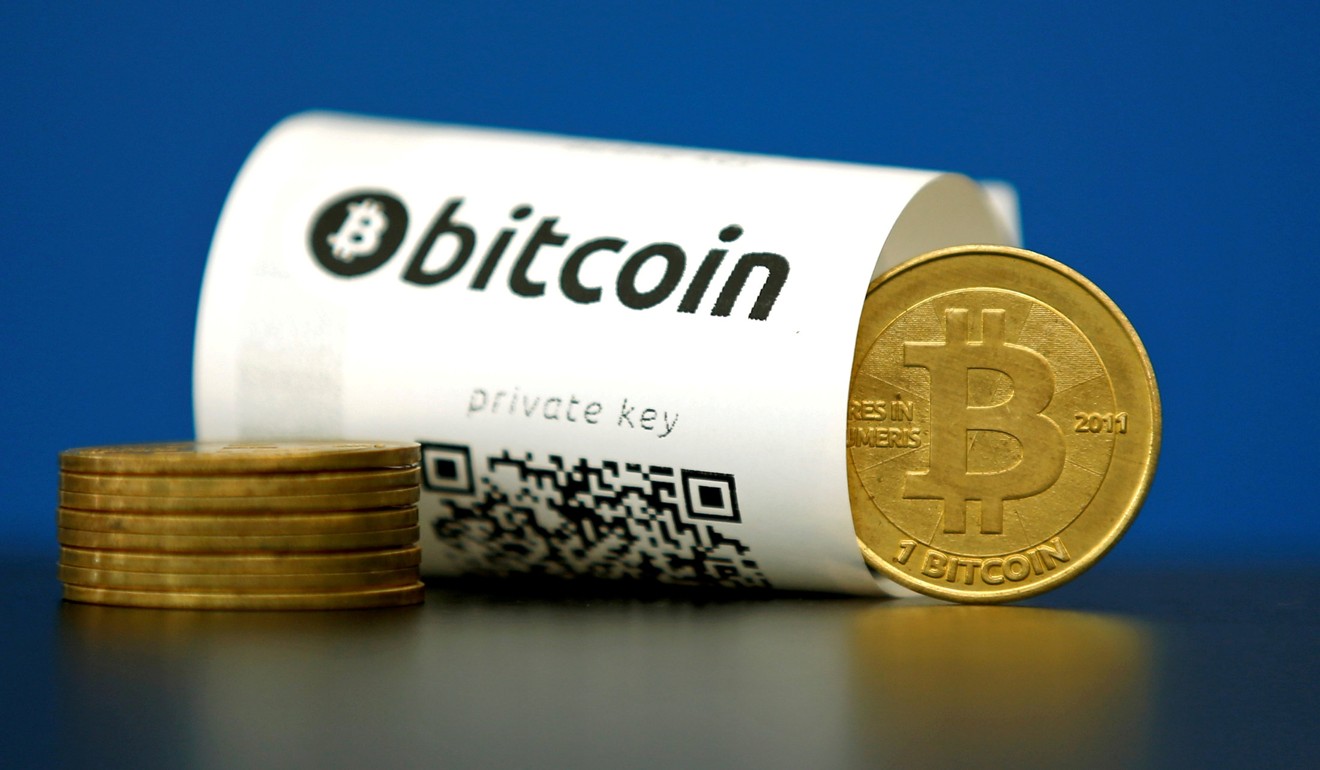
China’s Ministry of Industry and Information Technology to publish ratings for blockchain projects – including bitcoin
First projects to be rated will include 28 virtual currencies, according to institute responsible for advising on technology policymaking
A research unit under China’s Ministry of Industry and Information Technology said on Friday it would produce ratings for blockchain projects, in the latest effort by Beijing to regulate the technology that underpins virtual currencies such as bitcoin.
Blockchain is a digital data structure that is most recognised for verifying and recording transactions using a network of computers rather than a centralised authority.
The first batch of blockchain projects that will be rated are 28 virtual currencies and tokens, including bitcoin, ethereum, ripple, litecoin, bitcoin cash, NEO, Verge and Stratis, according to a post by a media website owned by the China Center for Information Industry Development (CIID), the institute that is responsible for advising on policymaking in technology.
The ratings will be published “shortly” and exclusively on the CIID official site.
The government-backed institute has outlined five criteria for a rating: the project must have an independent blockchain; second, it is a public chain on which nodes, computers connected to the network, can be built freely; third, there is an online blockchain browser which displays the contents of individual blocks and transaction: fourth, the source code of the project can be inspected and lastly, there is a project site and contact details of the team must be available.
The announcement of the rating regime follows the establishment of a national standard for blockchain by China, and the guidelines will be ready by the end of 2019, according to a report by the state-run Economic Information Daily on Wednesday. The standards will cover the basics, business application and security.

China has been stepping up the regulation of the growing virtual currency market and its related technology since last year, and has banned initial coin offerings (ICOs), shut down domestic exchanges and blocked all websites related to cryptocurrency trading and ICOs, including foreign platforms.
The authorities are concerned about corruption, fraud and the possibility of social unrest that could follow any losses from an unregulated financial activity.
The People’s Bank of China, China’s central bank, declared last year that 90 per cent of ICOs that had been launched in mainland China were fraudulent.
ICOs are a form of crowdsourced fundraising, by which companies exchange their newly created cryptocurrencies – called tokens – for payments in an existing currency, which can be cash or an established cryptocurrency. ICO investors profit when their tokens gain in value at a faster rate than the currency they used to pay for them.
Despite the crackdown, China, however, has identified blockchain has a key growth area, and has been encouraging investment in the technology.
Last month, the government of Hangzhou, the hometown of Alibaba Group Holding, China’s largest e-commerce company and owner of the South China Morning Post, said it would invest in a 10 billion yuan (US$1.6 billion) blockchain fund that would allocate resources to blockchain projects.

